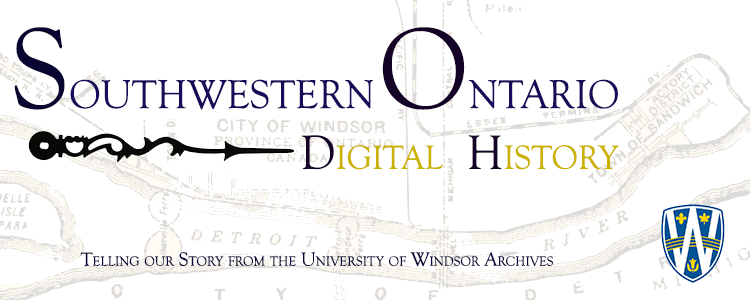Y.M.C.A. and World War II

The letters displayed here are written on Y.M.C.A. letterhead from Plymouth, England. One letter from these memos (top) discusses the writer receiving a long awaited letter. Their use of vague writing, such as "[The box] was perfect and I needed all the contents." along with hyperbole "I feel I should write Hitler a note of thanks for letting it come..." express how difficult it was to send correspondence during this time. Censorship of mail during World War II was commonplace for means of secrecy and protection. Refer to Censorship under Wartime Mail for more on this topic.

Letters on YMCA letterhead from Oborne Place Plymouth, England. Both letters are from Patt and addressed to Mr. and Mrs. Reid. The letters were written 18 December 1942.
A Brief History of the YMCA Before World War II:
The YMCA was first founded in England, 1844, by Sir George Williams as the Young Men’s Christian Association. This institution expanded throughout England, arriving in North America by 1851. Urbanization changed the societal landscape and provided the opportunity for many people to get involved with the YMCA. During the Great Depression of the 1930s, profits of the YMCA dropped by 50 percent. Despite this drop in revenue, the YMCA continued to attract young men to take part in leisure activities.
A Brief History of the YMCA During World War II:
Following the Great Depression, World War II erupted leading to greater concerns for Y.M.C.A. locations across England and North America. The Y.M.C.A. began to help detain Prisoners of War in 36 countries. Due to the Y.M.C.A.'s Christian ideologies and fears of spreading fascism to justify treatment of enemy aliens. The Y.M.C.A. attempted to promote community involvement and volunteerism while othering certain groups. During the war, the Y.M.C.A. continued to promote education and exercise.
